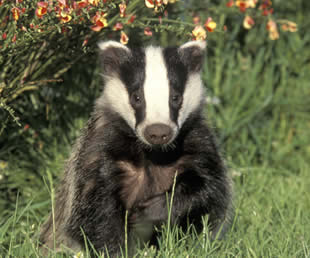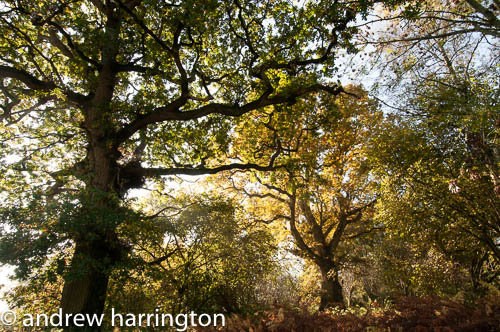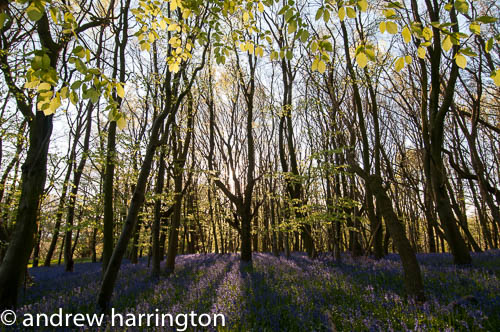Research
Badger Project
The threats facing wildlife today are manifest and, regrettably, often all too tangible, making it frustrating if evident solutions are not delivered. Beneath these imperative issues, however, lie more subtle factors, where the success of a species may hinge on how individuals respond to changing habitat conditions or disease exposure, and how this ramifies through its society.
To these ends the WildCRU’s Badger Project has proven invaluable in collecting a wealth of fundamental ecological data for over 30 years. The unprecedented detail of our records now enable us to formulate a truly comprehensive understanding of badger socio-ecology, where the generalist badger provides a model species applicable to a wealth of ecological paradigms – a sentinel for how species may respond to the challenges they face.
Part 14 of Wytham Woods – The Laboratory with Leaves series
For instance, climate change: While effects on rare and endangered species may be critical to their survival, scarce records typically limit the analytical power with which we can examine their situation. In comparison, our badger data reveal a range of subtle effects, from interactions between weather and disease, to the profound and often unrealised stresses caused by unseasonable weather variation, through to the extent to which badgers can adapt their activity regimes and even their genetics to accommodate changing conditions.
To survive, a species must also breed successfully, and while many endangered species might suffer primarily from a lack of available mates, our badger research exposes that even in abundant populations mate choice is intricate and involves not only genetic, but also social choices.
The way in which species communicate and interact spatially is also key to their success, and again badgers provide an outstanding model for developing our understanding of this important facet of behavioural ecology.
This is not to say that badgers do not also face their own unique and important challenges, such as how their populations are managed with respect to their role in bovine tuberculosis transmission, or how vulnerable they are to rural development and road traffic accidents.
For in-depth details of our current research please follow the links provided:
Background
How do we study badgers?
Insights into badger society
Genetics and mate choice
Social interactions
The effects of weather conditions on badger population dynamics
What we need
Our current team
References









